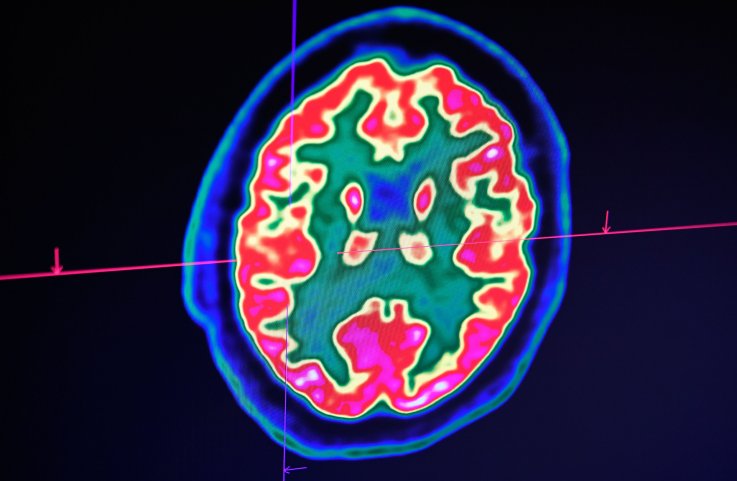Scientists have identified certain mechanisms in the brain that can trigger a loss of pleasure and interest, and have found a way to reverse the process and boost resiliency—in rats.
Scientists came to their conclusions after tracking the brain activity of laboratory rats placed in testing social situations. The experiment allowed the researchers to monitor the rats' reaction to stress over a 21-day period and their resilience to anhedonia, a key feature of psychiatric conditions—including depression—that relates to a loss of pleasure or interest.
Susceptibility to anhedonia varies from person to person, or rat to rat. Previous research looking at animals and depressed patients that have committed suicide suggests this relates to an impaired functioning of the brain reward system.
According to a paper published in JNeurosci, rats that are "susceptible" to stress-induced anhedonia displayed elevated numbers of serotonin-signaling neurons caused by the "recruitment" of non-serotonin-signaling neurons in the central section of the dorsal raphe nucleus, an area of the brain associated with regulating stress.
The finding supports previous research linking impairments to mechanisms that regulate serotonin to psychiatric disorders, such as depression. This is because serotonin plays an important role in processing stress and managing emotions.

Interestingly, researchers were unable to determine which rats were susceptible and resilient to socially-induced stress before—or even during the early stages of—the experiment. This suggests the response was not triggered by acute moments of stress but rather developed over an extended period of time, with chronic exposure to stress.
In this instance, the stress was related to social defeat. The subject rats were males co-housed with, but separated from, other rats by an acrylic partition. This enabled them to see, hear and smell (but not interact) with the others except for three minutes every day when the female and younger rats were removed, leaving the males only, and the partition was lifted.
The partition would be returned to position after three minutes or earlier if the "intruder" rat suffered social defeat—defined as holding a submissive posture for 3 seconds or more as he is pinned down by other males.
The researchers found that those susceptible to anhedonia required higher intensities of self-stimulation to feel pleasure. Those that were resilient did not.
What's more, the researchers explain they were able to reverse the effects by manipulating neurons in the central amygdala to put a stop to the increase in serotonin signaling, resulting in noticeably less-stressed out rats.
While the researchers say it is very likely there are other brain regions and processes associated with anhedonia—and there are certainly issues with relying too heavily on animal models that might not directly translate to human models—they hope a better understanding of the mechanisms that cause susceptibility will contribute to treatments of stress-related anhedonia.
"brain" - Google News
December 02, 2019 at 10:00AM
https://ift.tt/2sDkQ0d
Rat Study Helps Identify Brain Process That Causes Depression-Related Loss of Pleasure - Newsweek
"brain" - Google News
https://ift.tt/2W2PMS9
Shoes Man Tutorial
Pos News Update
Meme Update
Korean Entertainment News
Japan News Update
No comments:
Post a Comment